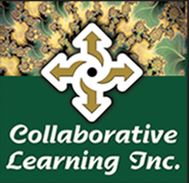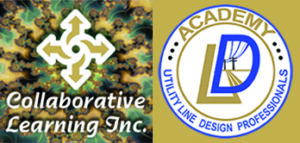The National Electrical Safety Code (NESC) is the national standard for safety in the design, construction, operation, and maintenance of electric utility systems. The 2023 edition of the NESC was published on August 1, 2022 and is now in effect in most U.S. jurisdictions.
Even if compliance with the NESC is not legally enforced, employees of utilities, as well as their consultants and contractors have a moral responsibility to design, construct, operate and maintain electric and communication systems in a safe manner. When incidents involving utility systems cause death, injury, and property damage, litigation is often based on claims of non-compliance with the NESC.
Program Highlights
NESC Orientation: Abstract and forward, brief historical context, organization and contents, interpretations, related publications, and applicability of the NESC to utility supply and communication systems.
Significant rules and changes in the 2023 Edition of the NESC
- Section 1: Introduction
- Section 2: Definitions of special terms
- Section 3: References
- NESC Compliance and Risk Management
Learning Objectives
Upon completion of this program, you will be able to:
- Explain the purpose, scope, history, organization and application of the NESC.
- Apply and communicate with others about significant changes in the 2023 Edition Sections 1, 2, and 3.
- Recognize the risks of non-compliance with the NESC and better meet the accountabilities for safety that are applicable to your organization and your work.
Who Will Benefit from this Program
Anyone who works as an employee of an electric utility, consulting engineering firm, and construction or maintenance contractor, and who is responsible for work on electric utility transmission and distribution systems will benefit from this program. The program content is presented at a practical level and is appropriate for degreed professionals, as well as skilled craft personnel, field supervisors and non-degreed high school graduates with a general knowledge of the electric utility system.
This course does not have prerequisites and does not require advance preparation; however, familiarity with the NESC will be helpful in gaining a more in-depth understanding of the code changes and their ramifications.
This course is approximately 3 hours in length with 3.0 Professional Development Hours (PDHs) or .3 CEU’s.
Cost: $295.00/student. Companies with 3 or more students will be given a discount. Please email dianna.abrahamsen@pine.edu for details.
Register







